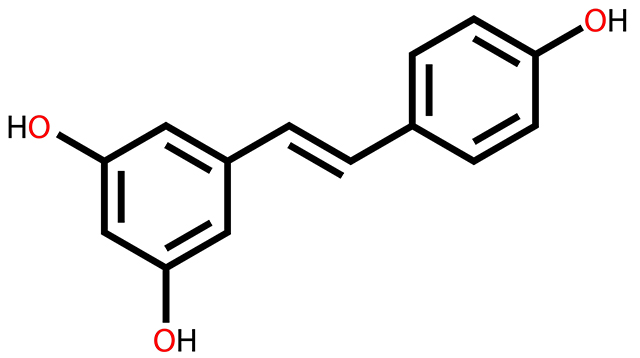Study: Diabetes medications RAISE the risk of a cardiovascular event
03/06/2019 / By Lance D Johnson

You can manage blood sugar levels with diabetes medications such as Metformin, but when they fail to work, doctors often prescribe second-line treatments such as basal insulin or sulfonylureas. According to a new study from the Northwestern University Feinberg School of Medicine, some of these second-line diabetes drugs actually raise your risk of suffering from a cardiovascular event.
The study involved 132,737 patients who were prescribed a second line treatment for their Type 2 diabetes diagnosis. Of the patients, 60 percent were prescribed basal insulin or sulfornylureas. The other 40 percent were prescribed newer diabetes medications. The comparisons were shocking. Those who were prescribed sulfonylureas were 36 percent more likely to suffer from a stroke or heart attack. Patients who used basal insulin were twice as likely to experience a cardiovascular event!
Researchers warn against basal insulin and sulfornylureas prescriptions
Heart disease is the leading cause of death among patients diagnosed with Type-2 diabetes. Basal insulin and sulfornylureas are apparently part of the problem. Doctors try to select the right medications for the individual, based on their glycemic index, improvements in blood sugar levels, while balancing the risks of the drugs. Cardiovascular harm is now an important risk factor that doctors must consider before prescribing these second line therapies for patients. The researchers of this study advise health care professionals to prescribe GLP-1 receptor agonists, SGLT-2 inhibitors, or DPP-4 inhibitors as a safer alternative to basal insulin and sulfornylureas.
Strategies to avoid a Type-2 diabetes diagnosis
Over 50 percent of Americans are classified as pre-diabetic. To avoid blood sugar spikes and help your body regulate insulin, you will need to focus on restoring your digestive system, the function of your pancreas, and the rest of the endocrine system. The pancreas is tasked with developing a hormone called insulin, which is a set of instructions that regulates salt and sugar levels in the blood. The pancreas cannot properly produce insulin if it is under assault from hormone disrupting chemicals such as bisphenol plastics and glyphosate-ridden foods.
The quickest way to prevent blood sugar spikes is to stop consuming high fructose corn syrup and other processed sugars and artificial sweeteners. Stevia leaf extract (plant-based sweetener) can be used a replacement sweetener in your diet to help you put an end to sugar cravings. Your vitamin D level is also very important.
There are foods that specifically help the pancreas control blood sugar levels. Studies show that macqui berries help lower glucose levels by 15 percent, while also dropping insulin levels by 56 percent within one hour. The berry extract contains delphinol, a compound that improves insulin sensitivity. Macqui berry contains delphinol at 27,600 units per 100 grams, giving it the capability to quickly reduce levels of oxidative stress.
In a placebo controlled, double blind study on human participants, a 500 mg dose of cinnamon (Cinnamomum cassia) for two months reduced fasting insulin, glucose, total cholesterol and LDL cholesterol.
Milk thistle seed contains a compound called silybin, which lowers liver enzymes, reduces the amount of fat in the liver, and heals scars in the liver. This compound has also shown to decrease insulin resistance. By restoring the liver, silymarin helps the pancreas operate with a healthy glucose metabolism.
The genes that might be hindering your glycemic index can actually be changed to help your body heal. In 2009, researchers found that curcumin (from turmeric root) activate AMPK, allowing for increased glucose uptake. Curcumin also suppresses gluconeogenic gene expression in hepatoma cells, allowing for glucose production in the liver. When curcumin was isolated into tetrahydrocurcuminoids (THC), it activated AMPK, allowing for proper insulin production. Compared to common diabetes drug Metformin, the THCs were also 500 to 100,000 times more efficient for activating acetyl-CoA carboxylase within the body.
Because diabetes drugs such as Metformin do not address the root cause of this metabolic issue, patients may be put on second-line therapies that put them at greater risk of cardiovascular events. This risk is unnecessary if patient were given the correct phyto-nutrients for restoration of the endocrine system and the proper functioning of the pancreas and the liver.
Sources include:
Tagged Under: basal insulin, Big Pharma, bisphenol plastics, cardiovascular event, cinnamon, corn syrup, curcumin, dangerous drugs, delphinol, diabetes science, drug risks, glyphosate, heart attack, medications, metformin, Milk Thistle, second-line treatments, silybin, stevia, stroke, sulfornylureas, turmeric



















